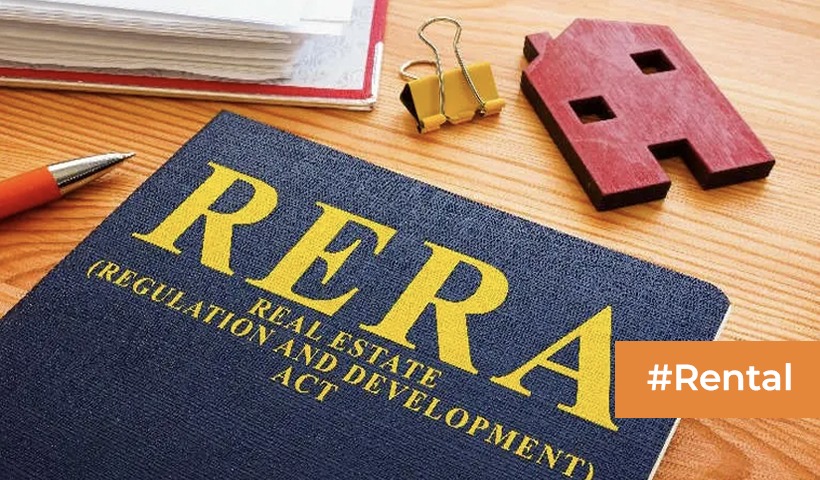Delinquent: Understanding the Implications of Delayed Debt Payments!
In the world of finance, the term “delinquent” carries a significant weight, indicating a failure to fulfill financial obligations, particularly debt repayment. This blog aims to shed light on the concept of delinquency, its various types, and the potential consequences of delayed debt payments.
Defining Delinquency
Delinquency refers to the state of being past due on a debt payment. When a borrower fails to make a payment on a loan, credit card, or other financial obligation by the due date, they are considered delinquent. The specific timeframe for delinquency varies depending on the type of debt and the creditor’s policies.
Types of Delinquency
Delinquency can manifest in various forms, each with its own implications:
- Current Delinquency: This occurs when a payment is missed within the grace period, typically 30 days after the due date.
- Serious Delinquency: This arises when a payment remains unpaid for an extended period, often beyond 90 days after the due date.
- Severe Delinquency: This occurs when a payment is delinquent for a significant period, such as 180 days or more after the due date.
Consequences of Delayed Debt Payments
Delayed debt payments can have a range of negative consequences, including:
- Damage to Credit Score: Late payments can severely damage an individual’s credit score, making it difficult to obtain future loans, credit cards, or even rental housing.
- Late Fees and Interest Charges: Delinquency often results in late fees and additional interest charges, increasing the overall cost of debt.
- Collection Actions: Creditors may refer delinquent accounts to collection agencies, leading to persistent calls, letters, and potential legal action.
- Legal Consequences: Severe delinquency may lead to legal proceedings, including wage garnishment, asset seizure, and even bankruptcy.
Prevention and Management Strategies
To avoid the adverse consequences of delinquency, consider these preventive measures:
- Create a Budget: Develop a realistic budget to track income and expenses, ensuring timely debt payments.
- Set Reminders: Set reminders for upcoming payment dates to prevent missed payments.
- Communicate with Creditors: If facing financial difficulties, communicate proactively with creditors to explore payment plans or hardship assistance options.
- Seek Financial Counseling: If managing debt becomes overwhelming, consider seeking guidance from a qualified financial counselor.
Understanding the concept of delinquency and its potential consequences is crucial for maintaining financial well-being. By adopting responsible financial practices, individuals can avoid the pitfalls of delayed debt payments and safeguard their financial future. Remember, financial responsibility is an ongoing journey, and taking proactive steps can significantly reduce the risk of delinquency and its associated challenges.
Disclaimer: The views expressed above are for informational purposes only based on industry reports and related news stories. PropertyPistol does not guarantee the accuracy, completeness, or reliability of the information and shall not be held responsible for any action taken based on the published information.




